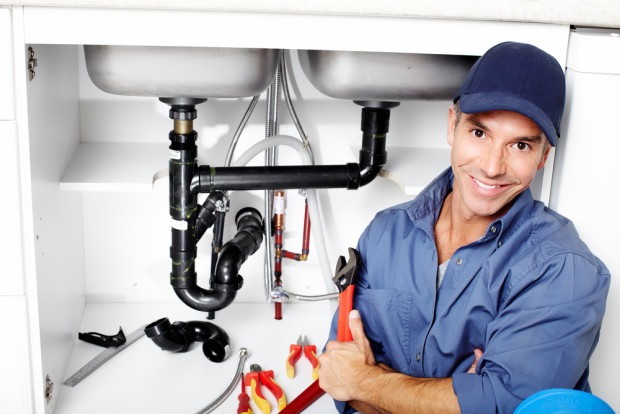Plumbing Fundamental Principles For The Beginners
Plumbing Fundamental Principles For The Beginners
Blog Article
There are two big considerations when it comes to knowing how to correctly use a plunger. First, you should understand how a plunger works when used properly. Then you can apply that knowledge towards successful completion of this common do-it-yourself chore.
The water bill arrives and the consumption is higher than normal. In looking at the bill you realize it's winter time, your water consumption is down, but the bill says it is up as if its summer when your water consumption is higher. Then it hits you drain leak a water leak! At some point almost all homeowners run into this problem.
After you have checked these areas, take a close look around the refrigerator, both inside and outside. Is there any usual condensation that could indicate a water leak somewhere? Is the icemaker hose fastened securely to the water line repair line? Check also for any water spots on the floor, as these are typically clear signs of a water leak somewhere.
When trying to locate a plumber, be sure they have had proper training. There are three types of plumbers and they are classified by the amount of training they have. An apprentice plumber receives training through a local union. They follow an apprenticeship program for about three or four years. They learn through on-the-job training and some classroom structure. An apprentice plumber does get paid for on-the-job training.
Dirty waste water, after all, leaves your house following the law of gravity. Waste water goes downward to the sewer or septic tank, nice and easy. Behind this simple rule is the multitude of vents and traps to keep the process of waste removal possible. Vents allow air to fill drainpipes, precious air that allow waste water outflow. Traps are those curved S-shaped sections of the pipes under the sink drain. Traps perform a crucial role in forcing most of the water through the drainpipe, but leaving some to seal the area and prevent sewer gas from backing up.
Here are some general cautions. Do not begin jobs on holidays, weekends, or at times when plumbers raise their rates or are difficult to reach. Do start early leaving plenty of daylight to call a plumber if something goes wrong. Study the situation carefully. Think about what might happen if something suddenly broke and what the effects would be. Old corroded copper tubing might break in the wall when you are wrenching an angle stop that supplies the water line repair to your toilet. A flood in the wall could be costly. If the angle stop, on the other hand, is new and shuts off easily and you have another toilet in the house then it might make sense to repair the toilet yourself. Be honest, too. Are you handy with tools? Did you do well in shop classes in school?
Find the right plumber in Washington DC could sometimes be difficult. There are so many to choose from that you may sometimes be led to wonder if you have made the right choice. The first thing to make sure when in DC is that you find someone who is within the vicinity. This will make sure that you can get in touch with them easily and have them reach you instantly.
The plumber you hire does not normally do heating but will do hot water heating or in floor heating in the house. Some places you can use the water heater for both domestic hot water and for in floor heating if the heating is a secondary heat. Check with your local plumbing codes on this to be clear.